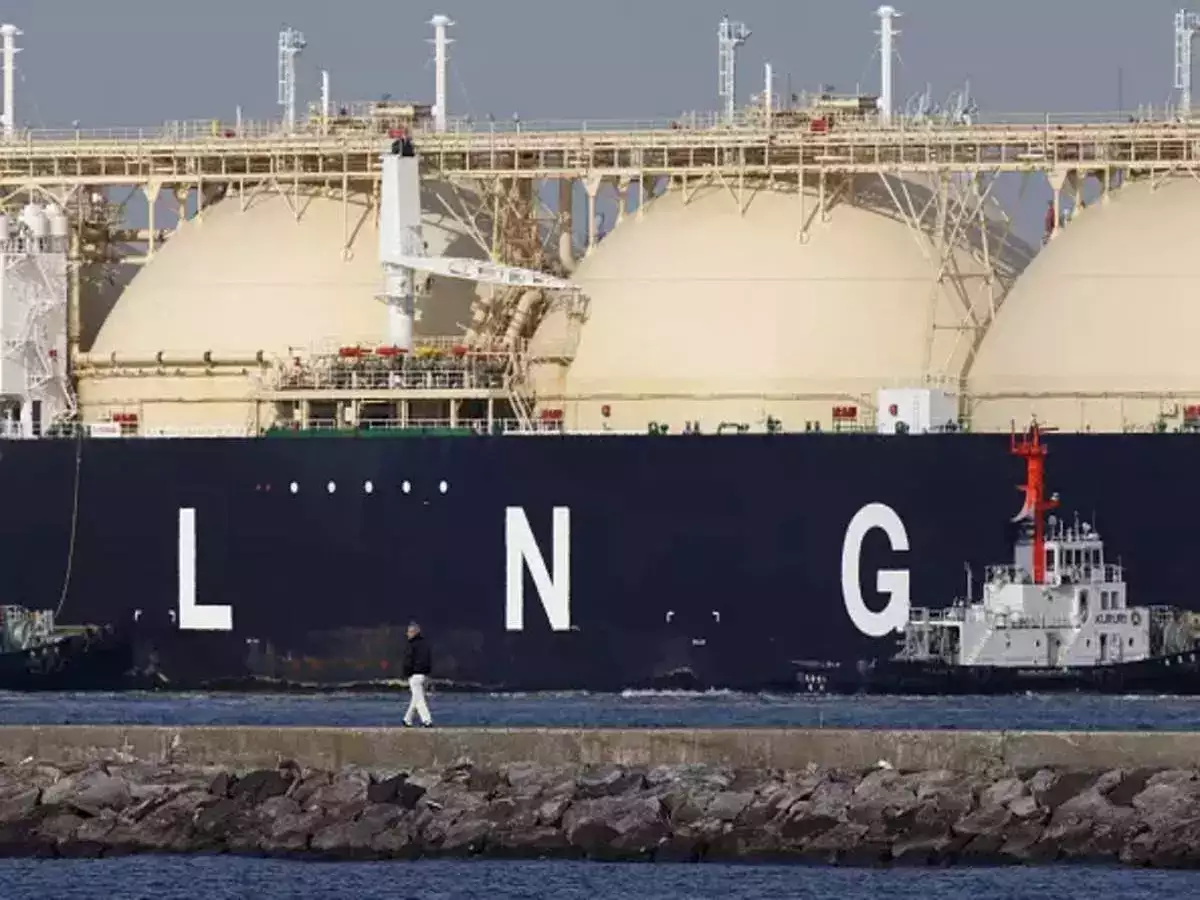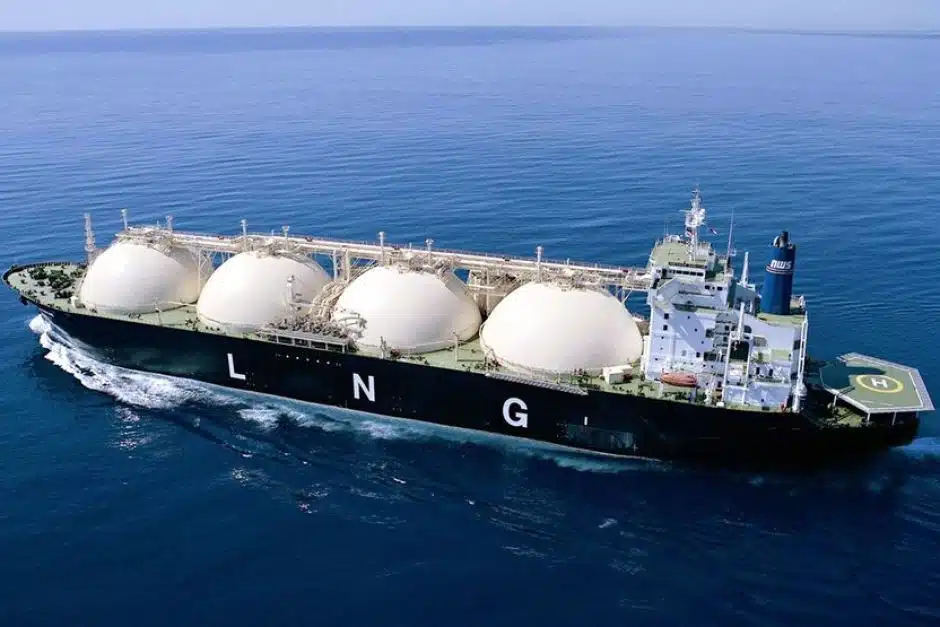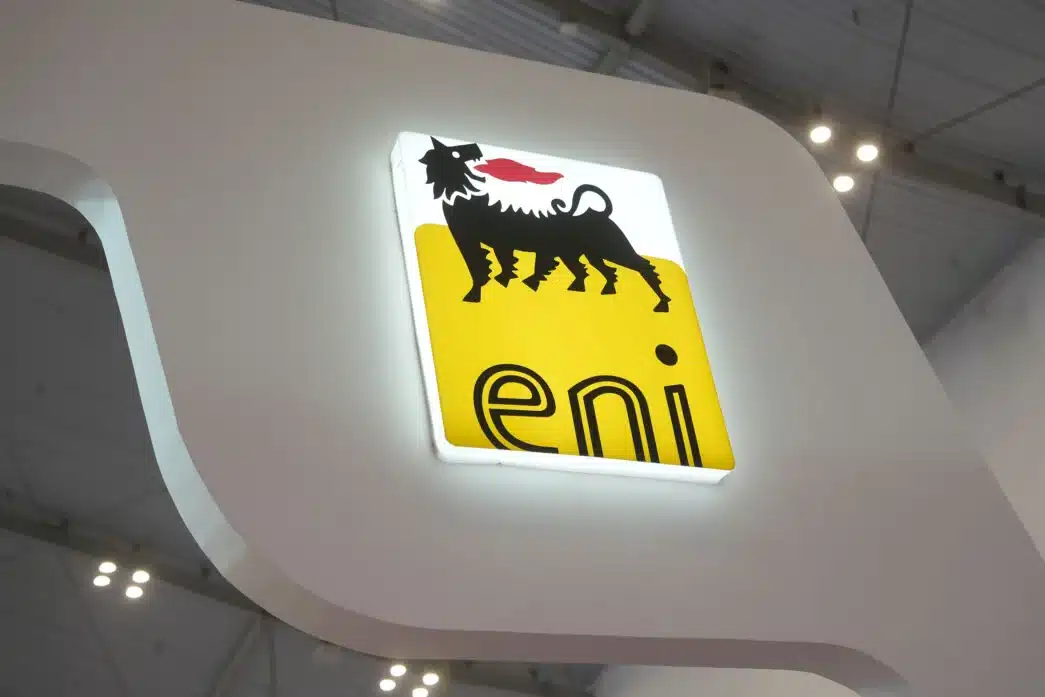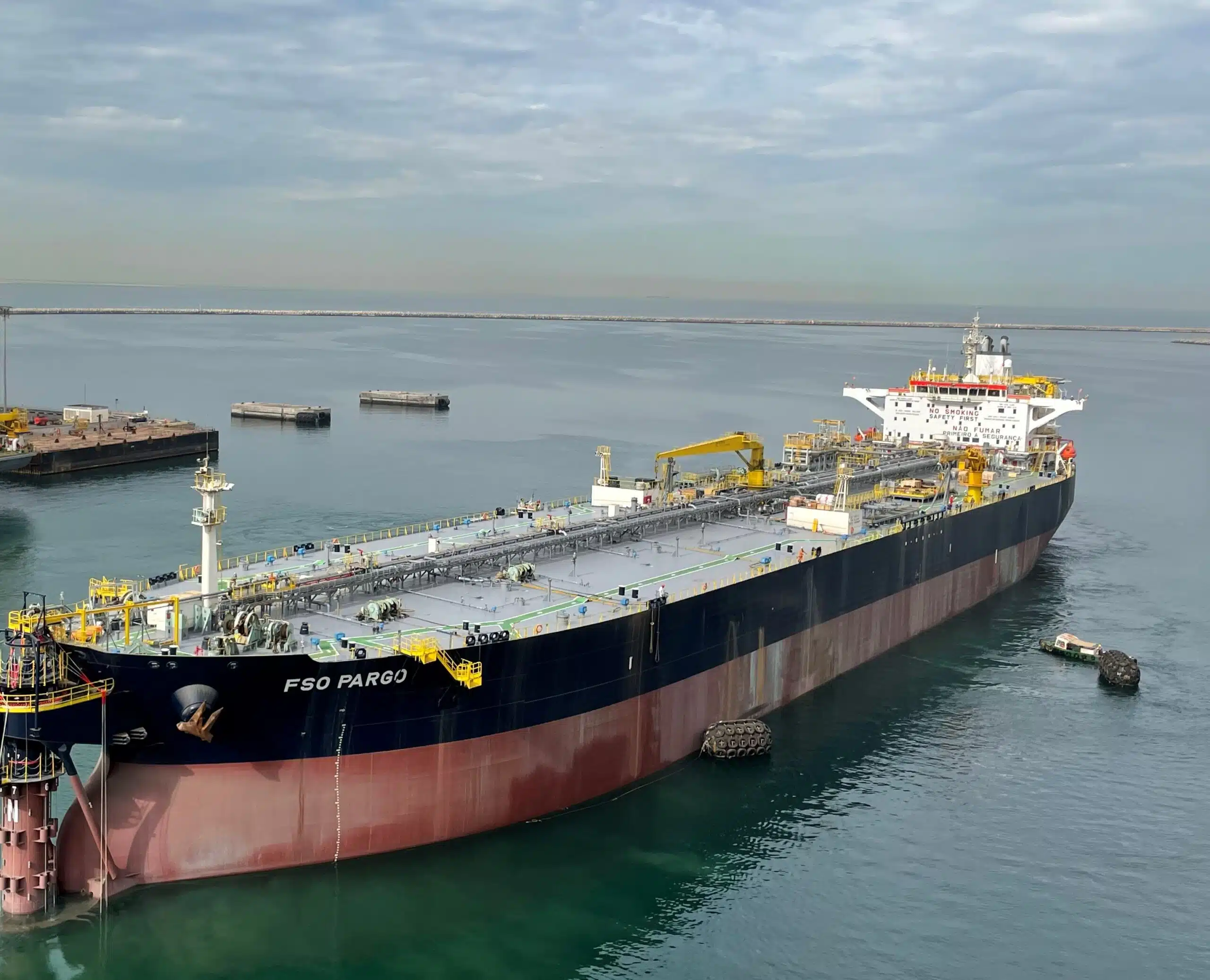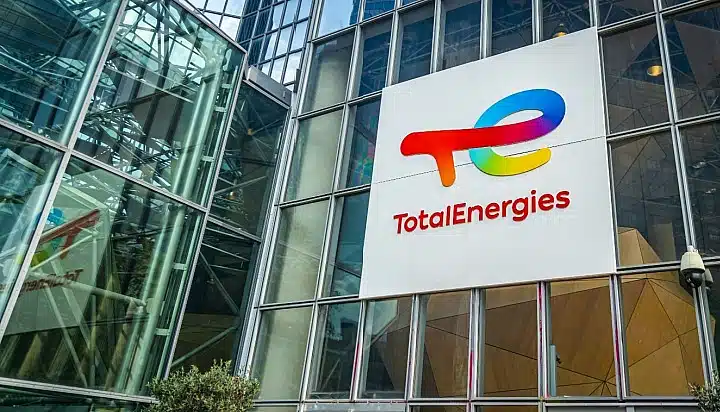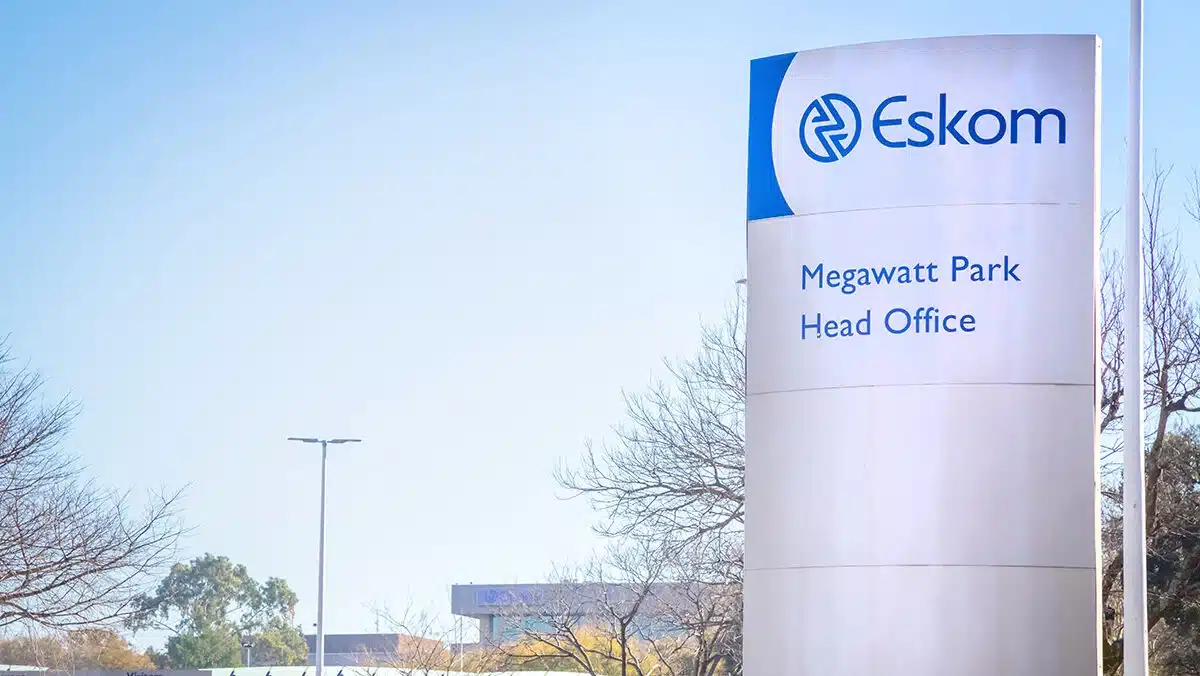Morocco has invited expressions of interest from potential investors for the development of a liquefied natural gas (LNG) terminal near the Mediterranean city of Nador, as part of efforts to reduce coal dependence and expand natural gas infrastructure.
The country’s energy ministry disclosed this on Wednesday in a statement announcing the initial phase of the LNG terminal project, which is expected to support Morocco’s growing energy needs and its shift towards cleaner fuel sources.
The move builds on earlier efforts, including plans to launch a tender for phase 1 of the Nador LNG terminal, as the government aims to fast track the development of strategic gas facilities.
According to the ministry, the LNG terminal will be connected to an existing pipeline that links Morocco to Spain, as well as to industrial zones in Mohammedia and Kenitra in the northwest region.
The infrastructure is also expected to tie into the planned Morocco-Nigeria gas pipeline, a long term project aimed at transporting West African natural gas to North Africa and Europe.
The ministry projected that Morocco’s natural gas demand will grow significantly, from the current one billion cubic metres (bcm) to about eight bcm by 2027. It noted that the LNG terminal is part of a broader strategy to ensure energy security and meet rising demand from industries and power plants.
The ministry further stated that the project aligns with Morocco’s goal of generating 52 percent of its total installed capacity from renewable energy sources by 2030, up from 45% currently.
This is part of a broader energy drive that recently saw the country invite investors to bid for three power plant projects aimed at bolstering electricity generation through diversified sources.
Linked to Morocco-Nigeria pipeline
In addition to local pipeline connections, the proposed terminal will be integrated into the Morocco Nigeria gas pipeline project, a 6,800-kilometre network expected to cost $25 billion.
Of the total length, 5,100 kilometres will run offshore, linking Nigerian gas fields with Morocco’s northern region.
The energy ministry noted that the two countries are working to set up a special purpose company that will oversee the technical and legal aspects of the pipeline.

